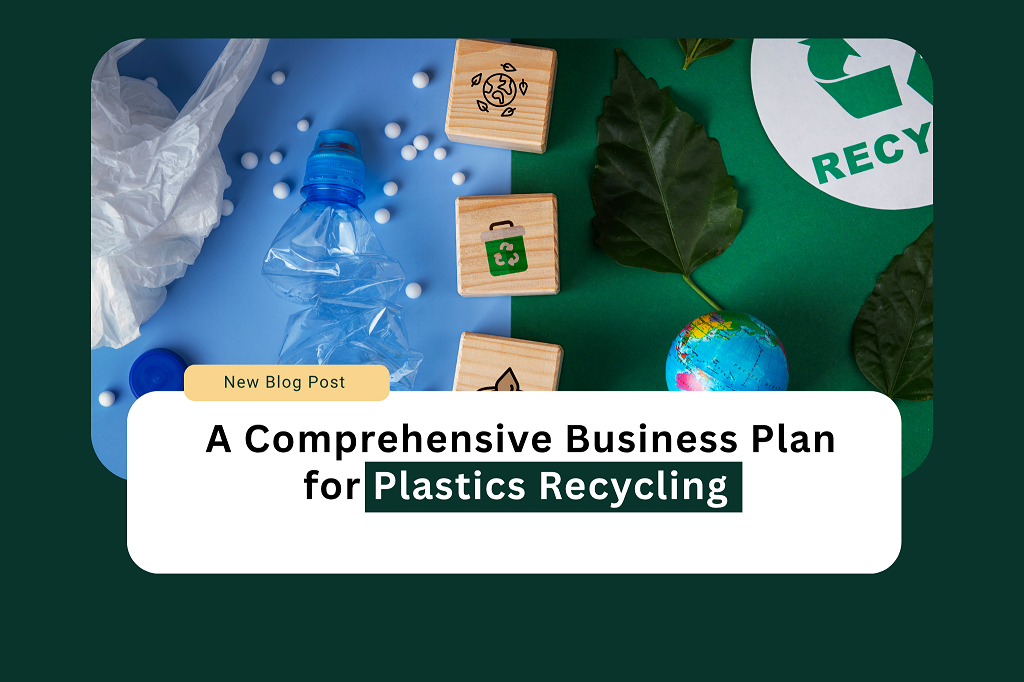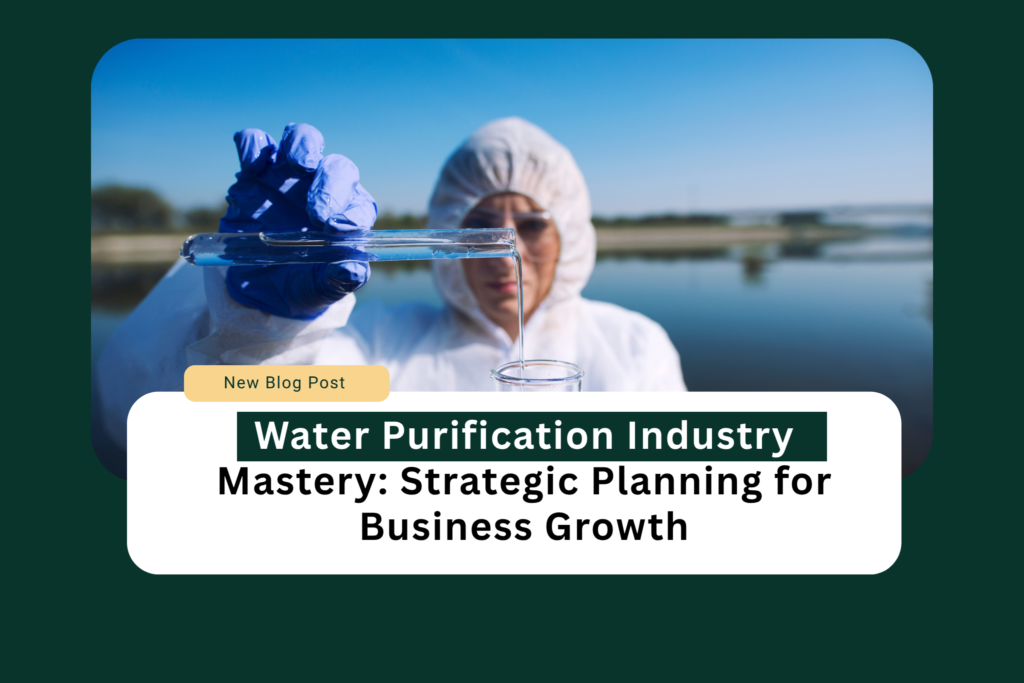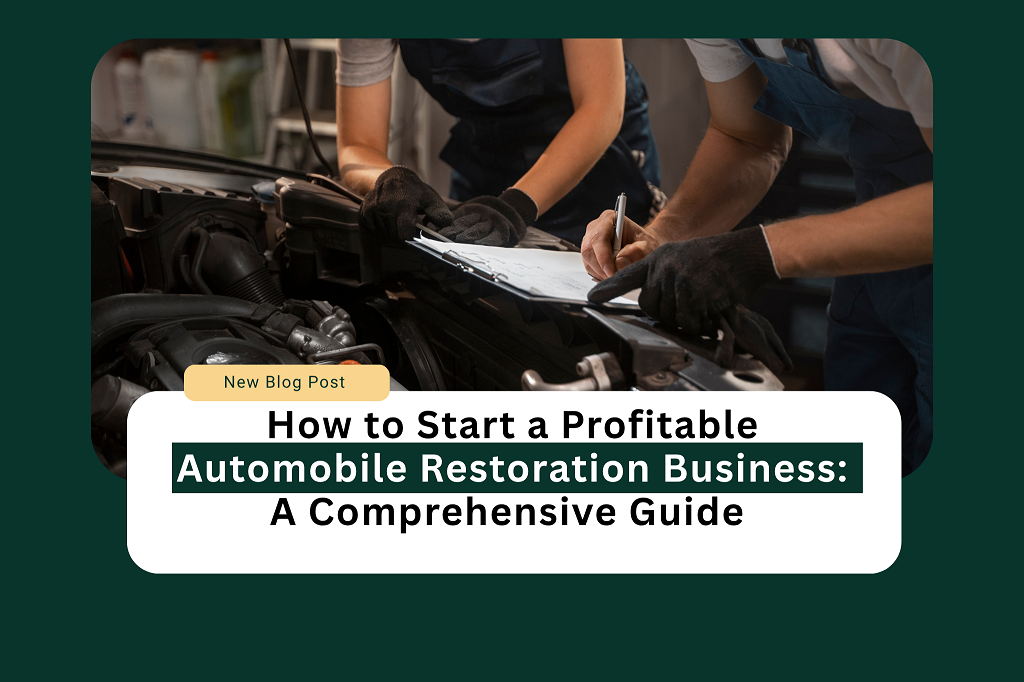Introduction: The Critical Need for Plastics Recycling in America
Have you ever wondered how we can turn our planet’s plastic problem into a game-changing business opportunity? Imagine a world where waste becomes wealth – that’s exactly what’s happening in the plastics recycling industry! The numbers are eye-opening: the Environmental Protection Agency reveals that a mere 8.7% of plastic waste gets recycled in the United States as of 2021.
Entrepreneurs together with environmental innovators should find this opportunity exciting because the challenge represents a vast market ready for transformation. The global plastic recycling market will experience rapid growth to reach $66.96 billion by 2029 while achieving an annual increase rate of 6.2%. We’re not just talking about saving the planet – we’re talking about a lucrative business model that combines environmental responsibility with serious economic potential.
Step 1: Market Research and Opportunity Analysis
A successful plastics recycling business requires conducting thorough market research as the starting point for development. New businesses in this sector must study waste management systems throughout their region as well as plastic usage statistics and recycling facilities available to them. The National Waste & Recycling Association reveals that American municipalities create 267.8 million tons of municipal solid waste yearly while plastics constitute a large waste fraction.
Your business strategy will become stronger when you understand detailed market dynamics about the types of plastics your target market uses and the potential clients among corporations and municipalities along with their current recycling obstacles. The research stage requires the examination of waste compositions to locate revenue opportunities while studying market competition.
Step 2: Develop a Sustainable Business Model
A sustainable and economically viable business model needs precise strategic planning to develop successfully. Plastic recycling operations achieve success by expanding their income through service collection plus material processing and re-sales of recycled materials and developing new plastic products for the market.
The Plastics Industry Association reveals that recycled plastics serve as a production source for construction materials automotive components and packaging solutions. Business owners should develop strategic alliances with local companies establish effective retrieval systems and buy sophisticated processing technologies for sorting materials. A sustainable model requires entrepreneurs to establish systems that generate financial income and promote environmental preservation.
Step 3: Technical Infrastructure and Technology Investment
A well-functioning plastics recycling operation demands proper technological investments in its infrastructure. Modern plastic recycling facilities need complex sorting systems, washing stations, and processing machines that handle all types of plastics with efficiency. The American Chemistry Council reports that mechanical and chemical recycling technologies now allow better material recycling outcomes along with higher product quality.
Entrepreneurs should adopt near-infrared sorting systems to accurately distinguish plastic polymers as well as chemical recycling processes to convert plastics into molecular components. The selection of appropriate technologies enables substantial operational enhancement and contamination reduction and leads to higher recycled material market value.
Step 4: Regulatory Compliance and Environmental Certifications
A credible plastics recycling business requires entrepreneurs to master the intricate web of regulations that govern their operations. The process of launching a plastic recycling business demands full comprehension of waste management environmental protection, and recycling operation regulations at every federal state, and local level. The Resource Conservation and Recovery Act (RCRA) delivers complete instructions for waste management through its regulations.
Business credibility improves alongside, commitment to sustainable practices through relevant environmental certifications obtained from the Recycling Partnership or ISO 14001. Knowledge about government incentives and developing environmental policies enables strong strategic benefits as well as financial funding possibilities for recycling initiatives.
Step 5: Financial Planning and Capital Acquisition
Financial strategy development stands as an essential requirement for both launching and maintaining a plastics recycling business. Businesses need large initial funding between $500,000 and $2 million based on their operational size. Developing a plastics recycling business requires entrepreneurs to find funding from private investors and environmental impact funds alongside government grants and specialized green business loans.
The U.S. Small Business Administration provides different financing opportunities for businesses with environmental initiatives. A financial plan needs to include exact forecasts about capital spending along with operational expenses and predicted revenue generation and the projected investment returns and their associated timelines. Sustainable success depends on preserving financial flexibility by using conservative budget projections.
Step 6: Building Strategic Partnerships and Marketing
A business requires strong partnerships together with an effective marketing approach to achieve growth. The company should consider strategic alliances with waste management companies together with manufacturing enterprises, environmental organizations, and local municipalities. According to the Ellen MacArthur Foundation, building circular economy solutions needs collective work between different organizations.
A successful marketing strategy should explain the dual advantages of plastic recycling to both business markets and individual consumers. The company must demonstrate its environmental footprint by clearly communicating its environmental impact while displaying successful recycling practices and describing practical uses of recycled materials so it attracts business partners and financial investors.
Conclusion: Embracing a Sustainable Future
Plastic recycling serves as an essential combination of eco-friendly practices and business growth potential. Successful ventures built to address global plastic waste challenges require entrepreneurs to use a strategic approach for combining financial strategy with innovation and environmental stewardship. Plastic recycling will succeed through the development of connected, efficient systems that convert waste materials into usable resources.
We invite readers to share their thoughts, experiences, and insights about plastic recycling. If you found this article informative, please share it on your social media platforms and engage in the conversation about sustainable waste management solutions. Your feedback and perspectives are invaluable in driving collective environmental progress.
FAQs
1. What stands as the main difficulties when beginning a plastics recycling business?
The main hurdles for starting a plastics recycling business are obtaining initial funding while building technological systems handling environmental rules and establishing waste collection systems and markets for recycled materials.
2. What level of profitability can be expected from a plastics recycling business?
A plastics recycling enterprise can generate significant profits, though they differ between businesses. The plastic recycling market worldwide will achieve $66.96 billion in 2029 through material sales and processing services and environmental consulting activities.
3. Which plastic materials show the greatest potential for recycling?
PET (polyethylene terephthalate) together with HDPE (high-density polyethylene) represent the most profitable plastic types that appear in beverage bottles, food containers, and packaging materials.
4. What level of startup funding does one typically need?
The cost of establishing a recycling plant starts between $500,000 and reaches up to $2 million based on facility dimensions and technology level together with site location.
5. What strategies can entrepreneurs use to make their plastics recycling business stand out from competitors?
The key elements for successful differentiation in plastics recycling involve superior sorting technology development with valuable recycled product creation essential strategic corporate alliances and novel waste collection approaches.
Read More : https://theacechronicle.com/starting-electrical-contractor-business-comprehensive-guide/








